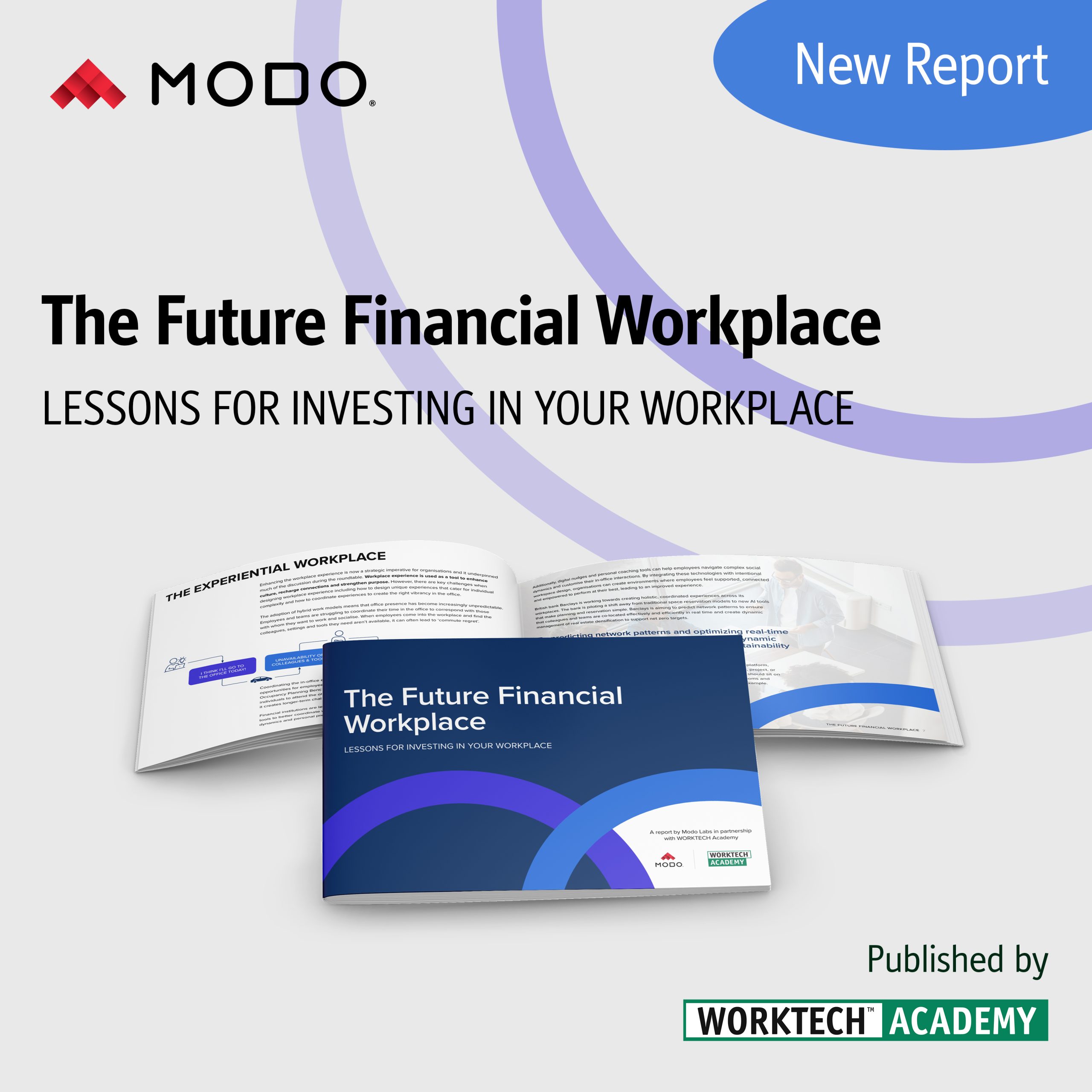Is hybrid working in danger of getting bogged down in the mud?
The flooding out of this year’s Burning Man Festival provides an apt metaphor for company work policies getting stuck, but also highlights the benefits of intrinsic motivation and inclusion
The annual Burning Man Festival at Black Rock in the Nevada desert got flooded out this summer, leaving its 80,000 revellers – many of them from the corporate world – to make their escape as best they could through a sea of mud that resembled something out of the apocalypse.
Trudging through mud is probably an apt metaphor for how many employers are feeling right now as the wheels on the hybrid wagon train keep sticking in the earth and refuse to revolve smoothly.
Amazon’s much publicised and much criticised decision to track and penalise US workers who are not in the office three days a week may be a high-profile retreat from the company’s earlier laissez faire policies on flexible working. Amazon CEO Andy Jassy may have backtracked from his previous comment that ‘there is no one-size-fits-all approach for how every team works best’. But Amazon is hardly alone in this regard.
Other companies including Apple and Zoom have also switched tack. When it comes to bringing people back to the office, leadership attitudes are hardening – even if the mud at the Burning Man Festival site has not.
A feat of non-organisation
The workplace analogy with Burning Man is not a random one. Founded in 1986 on a San Francisco beach before moving to the usually bone-dry Nevada desert, every year the Festival constructs a temporary mini-city for the arts and music in the middle of nowhere, using thousands of volunteers working as part of a vast collaborative effort.
This is such a feat of seeming non-organisation that the Burning Man Festival has been studied by several US companies, including Google and Zappos, for clues on how to build effective teams. When Burning Man’s education director Stuart Mangrum spoke at the WORKTECH San Francisco conference in 2018, he told us: ‘Behavioural psychology in the workplace has largely been Pavlovian and Taylorist – to get people to do what you want them to do. Burning Man is about intrinsic motivation and radical inclusion. The downside is that we are inefficient, but we are intentionally inefficient. We are building a lasting culture.’
Intrinsic motivation
There’s a lesson in there about how companies today might lift their hybrid plans out of the mud and get moving. And it doesn’t involve strict return-to-office mandates or digital surveillance or efficiency theory.
Burning Man is undoubtedly an in-person experience. You can’t really attend via videolink. But the point is that people really want to be there. They wouldn’t miss it for the world, as bedraggled survivors of the most severe flooding in Nevada were at pains to point out to assembled TV news crews.
Participation is based on intrinsic motivation, collectively building something far bigger than each individual. There is also a radical approach to inclusion with all comers given some role in the festivities. It may not look efficient but motivation and inclusion matter more.
‘Amid the mud and mayhem at Black Rock, there is a template for positive change…’
Large employers typically struggle with building a shared culture that gives individuals more agency, and retreat behind tough talk about a return to office in the hope that mandated teams will miraculously coalesce around key business objectives. That’s not really happening right now in the way that company leaders envisage. Hybrid strategy is, in some cases, getting bogged down.
In time, it’s a fair bet that more commercial firms will start recognising that, amid the mud and mayhem at Black Rock, there is a people-centric template for positive change, however messy that may be.
To learn more about how large organisations around the world are managing hybrid working, go to our Hybrid Working Radar in WORKTECH Academy’s Innovation Zone, providing premium content for Academy members and partners.
To access the Innovation Zone, join WORKTECH Academy here.








